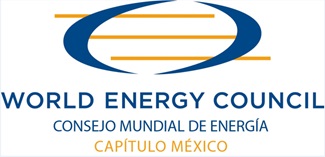|
| Prof. Elio Santacesaria Eurochem Engineering srl, Milano |
Abstract |
|
A brief analysis of the drawbacks arising for a continuous growing of the petroleum consumption in the world will be made as premise of the lecture together with the examination of the advantages of limiting this growth by recurring to renewable sources for producing both biofuels and chemicals. The methods for producing biodiesel will be reviewed in detail by examining in particular all the catalytic, kinetic, thermodynamic aspects involved in the reactions normally adopted (esterification and transesterification) in the preparation processes starting respectively from refined vegetable oils, waste oils or fatty acids. Glycerol is an important by product of the biodiesel production and it is imperative to find remunerative uses for this substance for lowering the biodiesel cost. A general overview for the possible uses will be given and some specific examples will be examined in more detailed way. Then, two other oleochemical processes will be described as examples of added value chemicals produced from renewable sources, that is, the vegetable oil epoxidation and the oleic acid oxidation to azelaic and nonanoic acid. At last, ethanol. currently used in some countries as biofuel, can be considered a building block for producing conveniently the acetic series compounds, that is, ethyl acetate, acetic acid, acetic anhydride, acetaldehyde. This route passes through the discover and use of new catalysts promoting a selective dehydrogenation or oxidative dehydrogenation of ethanol. At this purpose, two practical examples will be furnished. |







